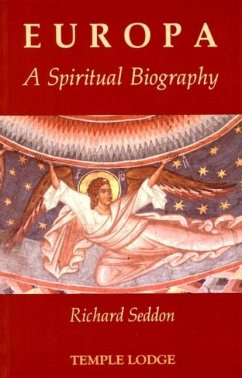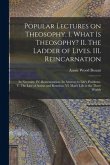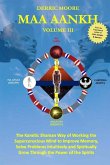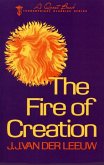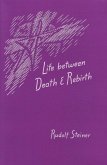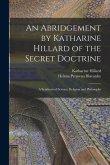"This study is in no sense a survey of European history as researched by professional historians. It is, rather, an attempt to bring together into a single focus the essence of the published results of the spiritual research into history undertaken by Rudolf Steiner (1861-1925) so far as this relates to Europe, and to set it against a sketch of outer events." -- Richard Seddon (from the preface) Seddon considers Europe from the point-of-view of the rulerships of the various Archangels of Time from Michael's regency between the mid-sixth and the third century BC, up to his present rulership between 1879 and the twenty-second century. "Europa was a goddess, the name being interpreted variously as 'well-watered, ' 'broad face, ' or 'good impulse.' According to legend, Europa was carried off from Phoenicia (and thus arose as a Phoenix) by Zeus in the form of a white bull (in the age of the Bull). Zeus represents the impulse of the Jupiter Oracle of Atlantis, whose special task was directed to the nerves serving the outer senses and to the brain, the distinctive feature of European civilization compared with the Asian cultures which preceded it. Zeus took her to Crete, where she bore him three sons. The eldest was Minos, founder of the Minoan culture (2500-1400 BC)--the name is the same word as Manas, mind. The other sons were Radamanthys ('diviner with wand, ' suggesting the druidic element) and Sarpedon ('rejoices in wooden ark, ' suggesting Hebraic/church stream)--together, fundamental influences on the culture to come."
Hinweis: Dieser Artikel kann nur an eine deutsche Lieferadresse ausgeliefert werden.
Hinweis: Dieser Artikel kann nur an eine deutsche Lieferadresse ausgeliefert werden.

